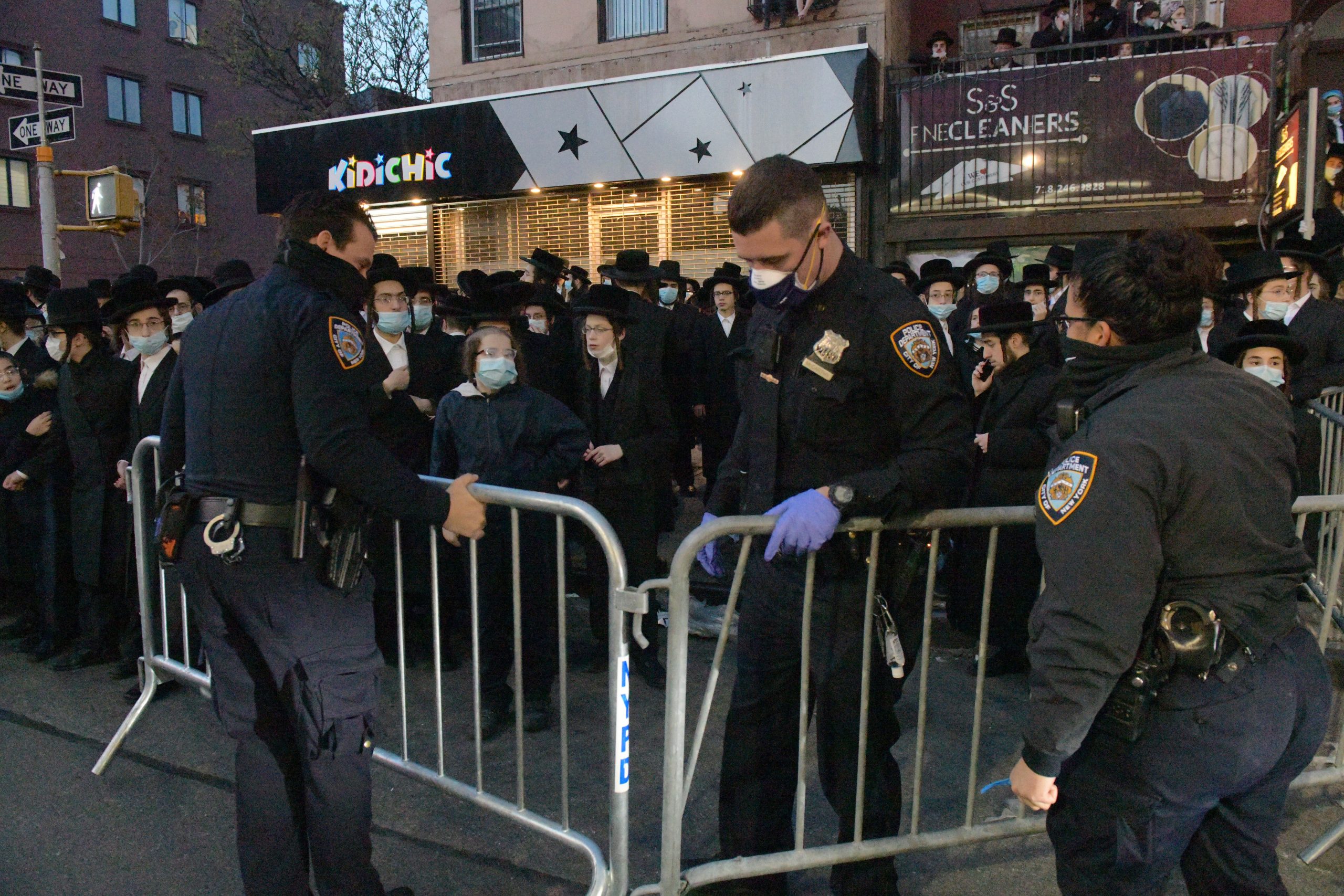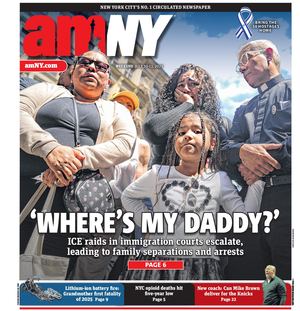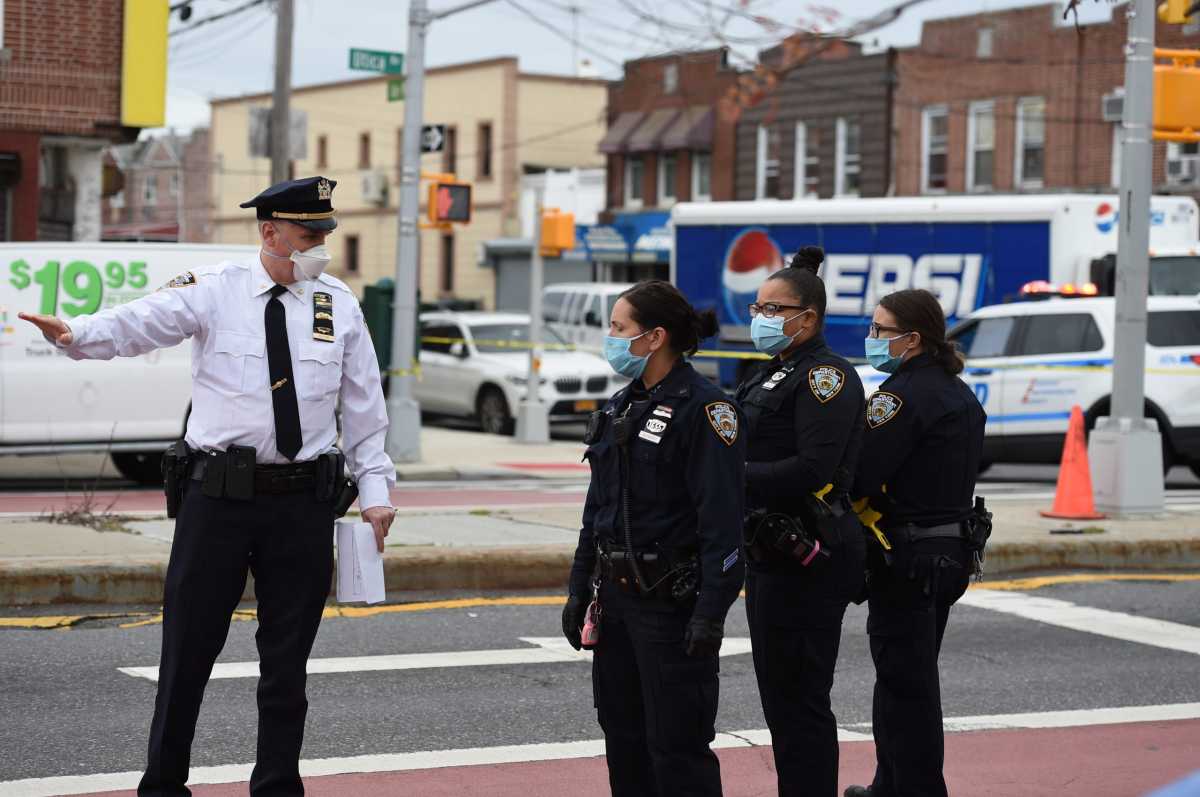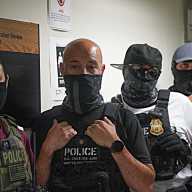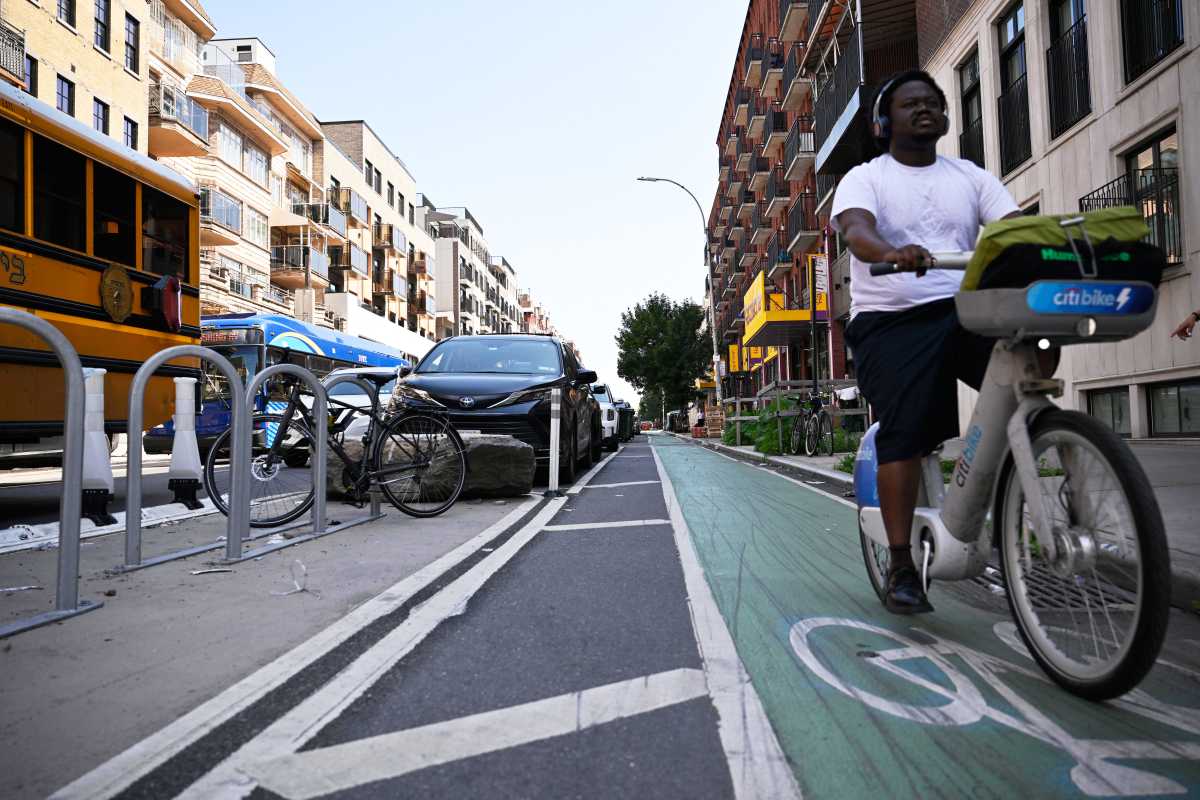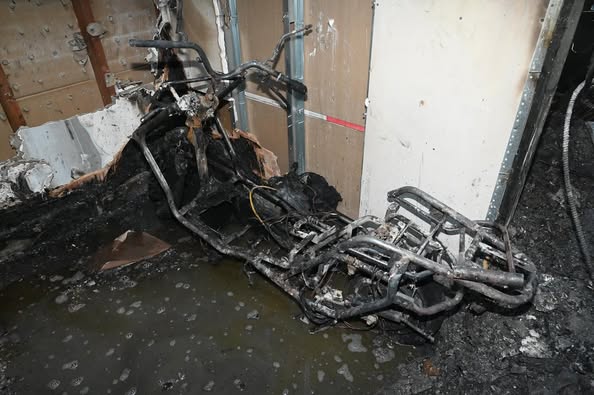As the number of police officers reporting sick continues to drop to more manageable levels, the NYPD is changing its focus to the transit system and enforcing social distancing in a time of COVID-19 associated issues.
Just 7.7% of the NYPD uniformed workforce called out sick Wednesday; several weeks ago, that rate was up to near 20% because of the coronavirus pandemic. To date, 4,959 NYPD members have tested positive for COVID-19, and 3,958 of them have returned to work after their recovery.
According to police, 745 uniformed members and 219 civilian employees remain absent after being diagnosed with the illness. To date, 37 NYPD members have died from complications of coronavirus.
Police Commissioner Dermot Shea said during a Thursday morning on Fox5 Good Day New York that his department will be focusing efforts to remove homeless people from the transit system after Governor Andrew Cuomo blasted the city for failing to assure rider safety.
In addition, Shea said there was a spike in robberies on the trains, both associated with homeless people, but also with teen packs who have been preying on the few riders, including essential workers that have been using the trains to get to their jobs. Arrests have been made in connection with these robberies.
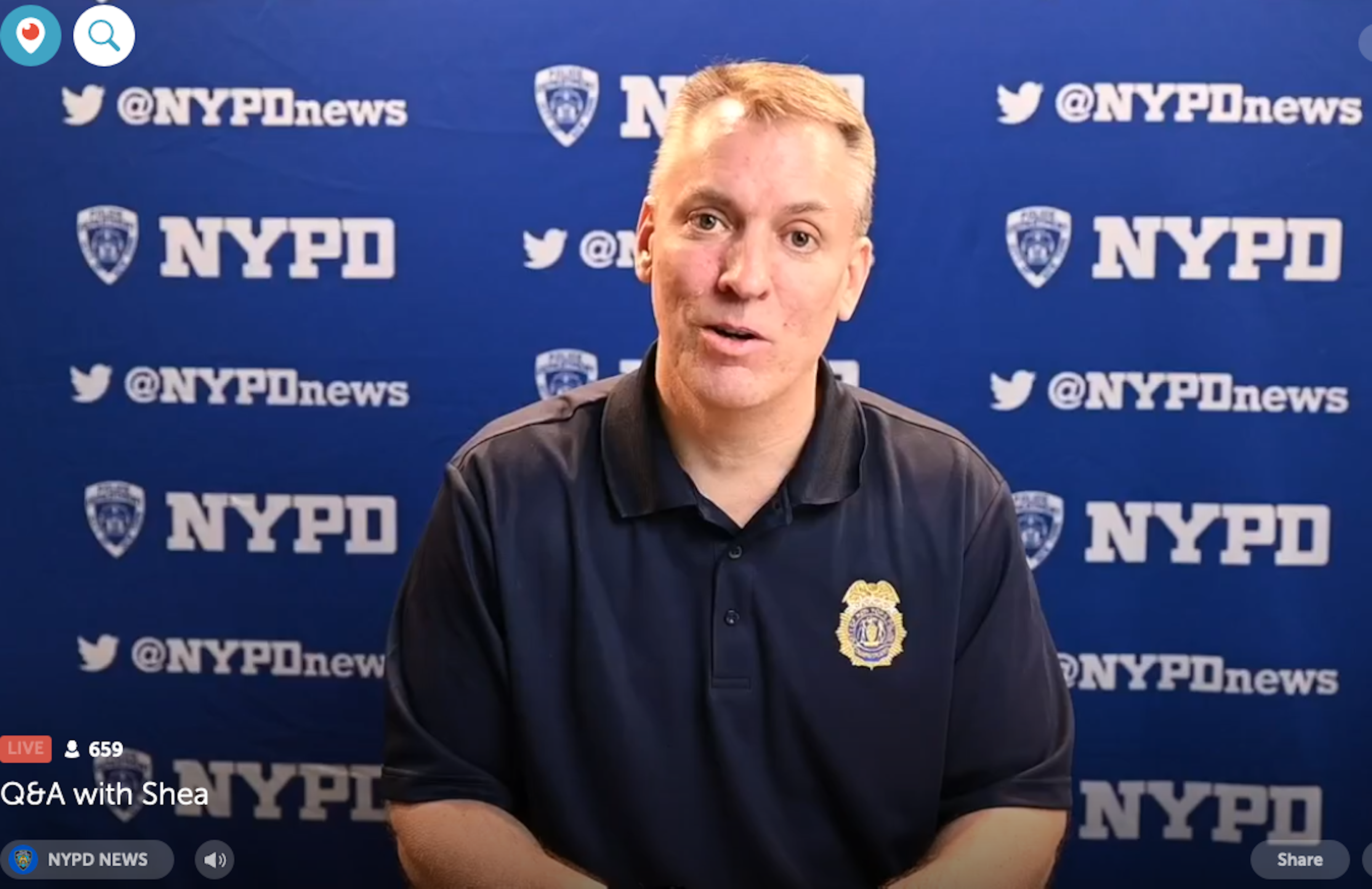
Crime on the subways for one week was up 90%, even though ridership is down, according to Governor Andrew Cuomo.
“If we let the homeless stay on trains we are not helping the homeless, we are endangering their lives and others,” Cuomo said Wednesday.
Shea admitted there has been a problem and the NYPD was taking action to curb the one-week spike in crime and homelessness on the subways that has resulted in arson, inappropriate sexual behavior and human waste in the stations.
“We are equally concerned,” Shea said. “Crime has gone down dramatically, but it was up last week with robberies in transit – some of them are the homeless, some are kids arrested doing robberies.”
He said the homeless problem goes beyond the crime element and how to work with the homeless to discourage them from making their homes in the transit system.
“The homeless often don’t want to go to shelters they’d rather ride subways or be in streets,” Shea said. “We have been routinely ejecting them from the system – 60-70 a week. We don’t eject for being homeless, we want to get them help – they are people in crisis.”
Shea said they are working closely with the MTA and homeless outreach who he admits are “shocked at number of homeless.” This past week, he said there were 180 ejections a day.
“The scope of what we are seeing during this pandemic, there is no ridership – down 95 percent, so this is opportunistic,” Shea said. “We are working with the MTA and coming up with solutions that will work best with everyone, including policing the end of the lines – make it a little less comfortable for them and we are starting to see some progress. We want New Yorkers to have confidence that the system will be clean and safe and goof for everyone.”
Shea also took backlash for the response to a Tuesday funeral of a revered rabbi in Williamsburg, where more than 2,000 people failed to social distance. He and the mayor visited the site after the chaotic funeral.
The commissioner said the department is not targeting specific communities and “we try to be fair to all New Yorkers during this new normal.”
“The last thing you want to do is issue summonses and do enforcement at religious observances – it’s the last thing we want to happen,” Shea said. “People must be accountable for their own actions. We knew this was going to happen – we received notification at 3:30 – every New Yorker knows we didn’t approve, but we knew it would happen. There is a difference between planning and approving. Assemblages just can’t happen and won’t happen.
Shea added, “We understand the mourning and loss of life and we are concerned about our own force, the losses in our department and that’s first and foremost on my mind.”
